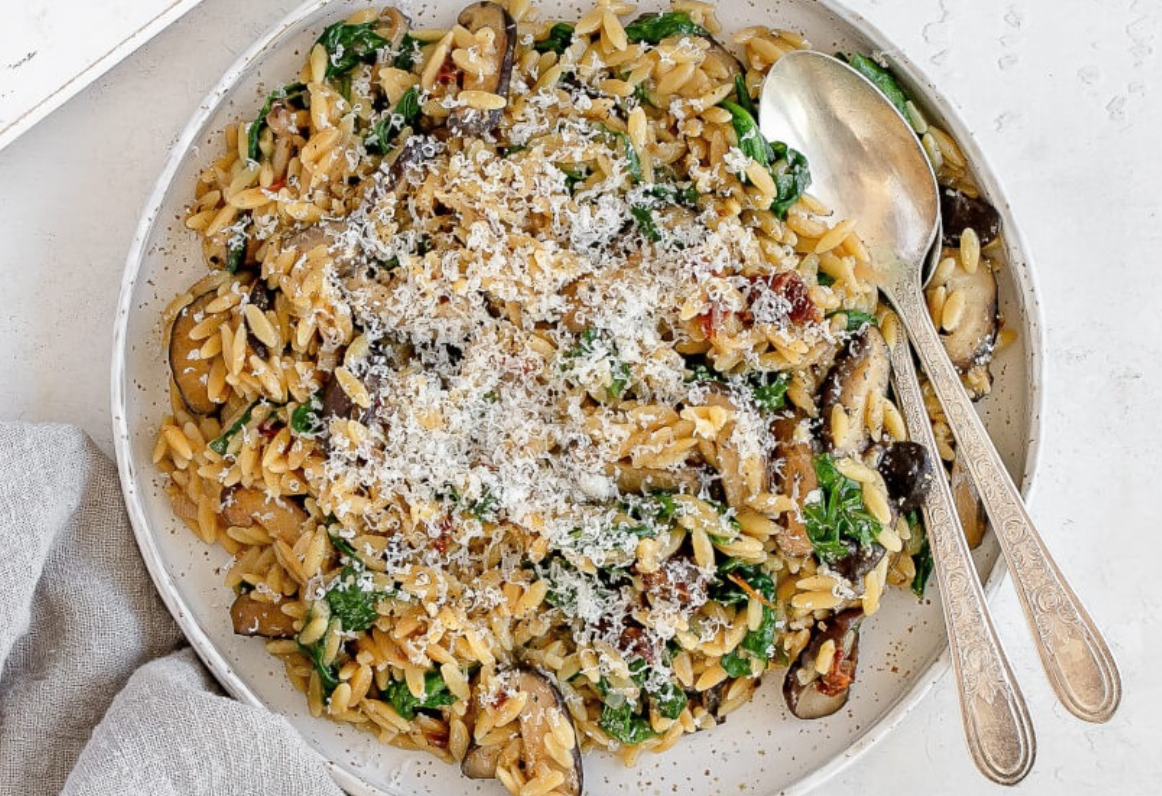High-Protein, Low-Carb or Mediterranean: Which Diet is Best for Reducing Inflammation?
/Many of our readers and retreat guests are focused on achieving optimal health and wellness. With that comes reducing inflammation to promote overall wellbeing. When it comes to reducing inflammation through diet, there are many paths to explore.
Two popular options—high-protein, low-carb diets and the Mediterranean diet—offer distinct approaches with unique benefits. Let’s dive into what each of these diets entails, how they impact inflammation, and which one might be best for you.
Understanding Inflammation and Diet
Chronic inflammation has been linked to a host of health concerns, from joint pain to digestive issues and even heart disease. Diet plays a key role in managing inflammation, as certain foods can either calm or worsen inflammatory processes.
A well-chosen diet can help reduce inflammatory markers, support gut health, and improve overall wellness.
High-Protein, Low-Carb Diets
High-protein, low-carb diets (such as ketogenic or Atkins-style diets) focus on increasing protein intake while minimizing carbohydrates.
Key Benefits:
Low-Carb, High-Protein Focus: Limits sugar and refined carbs that can spike insulin and worsen inflammation. Emphasizes protein-rich foods like lean meats, poultry, fish, and eggs.
Blood Sugar Control: Stabilizing blood sugar can reduce insulin resistance, which is linked to inflammation.
Weight and Muscle Support: Higher protein intake can support muscle maintenance and satiety, which may indirectly reduce inflammatory stress from weight gain.
Potential Limitations:
Can lack fiber, antioxidants, and plant-based phytonutrients if not paired with vegetables and leafy greens.
May include processed meats or foods high in saturated fat, which can promote inflammation.
Practical Tips for Reducing Inflammation:
Include plenty of non-starchy vegetables (spinach, kale, broccoli) to get fiber and antioxidants.
Choose lean, unprocessed proteins and omega-3-rich fish to counter potential inflammatory effects of saturated fats.
Rotate protein sources (chicken, turkey, salmon, eggs, legumes if tolerated) for nutrient variety.
Who Might Benefit Most:
Individuals seeking blood sugar stabilization or weight management.
Those who prefer a structured, high-protein approach with limited carb intake.
The Mediterranean Diet
The Mediterranean diet focuses on whole, plant-based foods, healthy fats, and lean proteins and is often hailed for its anti-inflammatory and heart-healthy benefits.
Key Benefits:
Rich in Antioxidants and Healthy Fats: Includes fruits, vegetables, nuts, seeds, and olive oil. Omega-3-rich fish like salmon and sardines provide anti-inflammatory compounds.
Supports Gut Health: High fiber intake from whole grains, legumes, and vegetables promotes a diverse microbiome, essential for managing inflammation.
Sustainable and Enjoyable: Flexible, flavorful, and balanced, making it easier to maintain long-term.
Research-Backed Effects:
Studies show that the Mediterranean diet can lower markers of inflammation, including C-reactive protein (CRP) and inflammatory cytokines, and reduce the risk of chronic diseases.
Practical Tips for Reducing Inflammation:
Incorporate colorful vegetables and fruits at every meal.
Use olive oil as your main fat source instead of butter or processed oils.
Aim for 2–3 servings of fatty fish per week for omega-3 benefits.
Include nuts and seeds for healthy fats and anti-inflammatory compounds.
Who Might Benefit Most:
Those looking for a flexible, nutrient-rich diet that supports heart, brain, and gut health.
Individuals seeking long-term anti-inflammatory benefits without extreme restriction.
How to Choose the Right Diet for You
While the Mediterranean diet has a slight edge for managing inflammation, both diets have their benefits. Here are a few points to consider when deciding:
Health Goals: If your main goal is reducing inflammation and improving heart health, the Mediterranean diet may be the best fit. However, if you’re looking to manage weight or stabilize blood sugar, a high-protein, low-carb approach could also be beneficial.
Food Preferences: Consider which foods you enjoy and which diet feels most sustainable. The Mediterranean diet is flexible and includes a wider variety of foods, while high-protein, low-carb diets may appeal if you enjoy lean meats, fish, and low-sugar options.
Lifestyle Fit: Choosing a diet that fits your lifestyle will make it easier to stay consistent, which is essential for seeing results. Both diets can be adapted to meet your needs with a bit of creativity and planning.
Ready To Reduce Inflammation and Improve Your Health?
Choosing the right diet for inflammation doesn’t have to be complicated. Both high-protein, low-carb and Mediterranean diets offer valuable benefits that can support your health goals.
If you’re interested in trying one of these diets, we offer customizable plans for both approaches that can help you get started with all the guidance you need. Check out The Mediterranean Diet Blueprint -or- The High Protein Diet Blueprint.
Say Hello To A Different Approach To Weight Loss
Where mindset and metabolism work together to create change that actually lasts.
Includes:
Metabolism + The Health First Approach to Weight Loss
Mindset Matters + 3-I Framework
Biofeedback & The 4P’s: Customize for Your Body & Your Lifestyle
Mindful Eating: Tools & Strategies
Meal Plans & Recipes (over 650 recipes): Mediterranean, High Protein + Vegetarian Recipes + Meal Plans as well as Gut Health, Brain Health, Sugar Free + More
Mindset & Visualization Tools: Meditation Library for Weight Loss & Wellness, Journal Prompts & Reflections
12 Weeks of Guided Action Steps for Mind + Metabolism - Real change requires practice. You’re set up for success with a guided plan!
Get The Weight Loss Mindset Today!






















